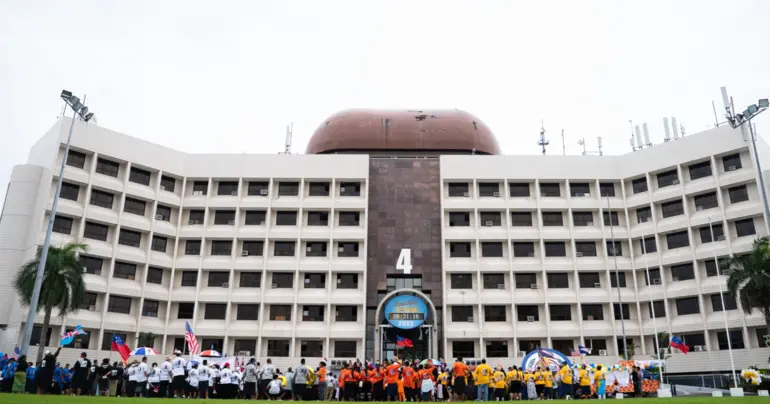Right to education – pay teachers and make education free
It is not a bad notion that the government employs all teachers and pays them a salary worth the profession. Right now, the government has not pumped any extra money but has come up with a robbing Peter to pay Paul solution.
Whatever grant that was always going to school has now been divided. Schools can now use 60 per cent to pay teachers and the rest for the development of the school and related projects. This also means that schools are now receiving 60 per cent less to improve the buildings and teaching facilities.
Not really a good decision. There is a need for serious investments in schools and teachers. As of now, most schools whose teachers are not on the government payroll, are paid mostly through school fees. This means that school fees are calculated to meet the salary demands of the teachers.
This also means that there are times when some teachers may not be getting paid. Then there is the government thinking why nobody is interested in the profession anymore. The shortage of teachers is a national crisis, something which the Ministry of Education and Culture has come out saying.
Having teachers on the government payroll may seem like adding extra expenses but it is an investment. This particular investment would ensure that the teacher shortage problem is fixed, cause the school fees to drop drastically, may even lead to free education and everyone will be able to send their children to school.
As it is, a large number of people in the workforce have not even finished primary school. The only way to make everyone in this nation prosperous is through education.
Education helps eradicate poverty and hunger, giving people the chance at better lives. This is one of the biggest reasons why parents strive to make their kids attend school as long as possible. It is also why nations work toward promoting easier access to education for both children and adults.
Education helps a person hone their communication skills by learning how to read, write, speak and listen.
Education develops critical thinking. This is vital in teaching a person how to use logic when making decisions and interacting with people.
Education helps an individual meet basic job qualifications and makes them more likely to secure better jobs.
Education promotes gender equality and helps empower girls and women. A World Bank report found that an extra year of schooling for girls reduces teen pregnancy rates in Peru by almost seven per cent and gives women more control over how many children they have.
Education reduces child mortality. According to UNESCO, a child born to a mother who has a high school diploma is 31 per cent more likely to survive past the age of five.
And for these reasons, education should also be free. Free education carries the potential for significant economic impact, notably by fostering a more qualified workforce and alleviating financial strains associated with higher education.
Free education initiatives can lead to a rise in university enrollment and graduation rates, as seen in various studies and practical implementations.
This translates into a larger pool of skilled workers entering the workforce, which is critical for the sustained growth of the economy. With more educated individuals, industries can innovate faster and remain competitive.
The subsequent increase in productivity and creative problem-solving bolsters the country’s economic profile.
Free education stands as a cornerstone for a more equitable society, providing a foundation for individuals to reach their full potential without the barrier of cost.
It fosters an inclusive culture where access to knowledge and the ability to contribute meaningfully to society are viewed as inalienable rights.
Free education mitigates the socioeconomic disparities that often dictate the quality and level of education one can attain.
When tuition fees are eliminated, individuals from lower-income families are afforded the same educational opportunities as their wealthier counterparts, leading to a more level playing field.
Expanding educational access enables all members of society to pursue a wider array of careers and life paths, broadening personal choices and promoting a diverse workforce.
Recognising education as a human right underpins the movement for free education. All children should have access to quality, inclusive, and free education.
This aligns with international agreements and the belief that education is not a privilege but a right that should be safeguarded for all, regardless of one’s socioeconomic status.











